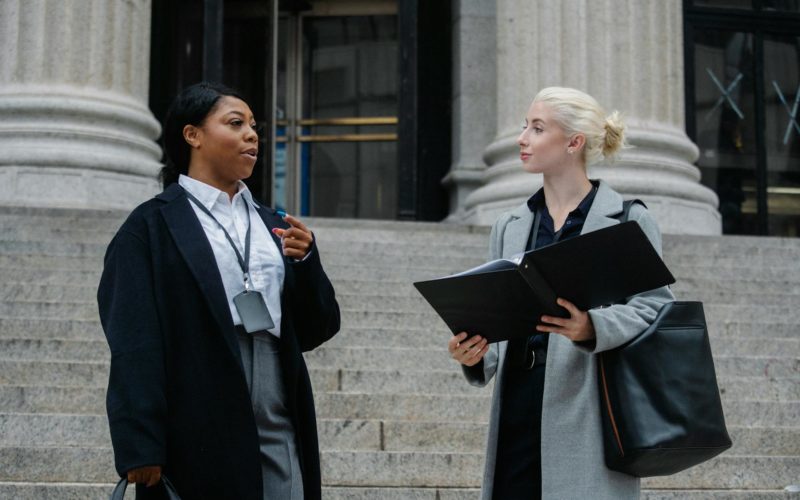
Facing a child dependency case can be overwhelming and stressful for families. In these situations, having a skilled dependency attorney by your side can make a significant difference. A dependency attorney specializes in representing parents and children in cases involving allegations of abuse or neglect. Their primary goal is to ensure that families receive fair treatment and that the best interests of the children are prioritized. You can also browse around this site to explore more about dependency attorney.
Understanding the Role of a Dependency Attorney
A dependency attorney plays a crucial role in advocating for the rights of families involved in child welfare cases. Here are some key responsibilities of a dependency attorney:
- Providing legal representation: A dependency attorney represents parents and children in court proceedings related to child welfare cases. They ensure that their clients' rights are protected and that they receive a fair hearing.
- Investigating the case: A dependency attorney conducts investigations to gather evidence and build a strong defense for their clients. They may interview witnesses, review documents, and gather relevant information to support their case.
- Negotiating with social services: Dependency attorneys work with social services agencies to negotiate agreements and develop plans that are in the best interests of the children involved. They advocate for their clients' rights while working towards a resolution that benefits the family.
- Providing support and guidance: In addition to legal representation, dependency attorneys offer support and guidance to families during the entire legal process. They explain the proceedings, answer questions, and provide emotional support to help families navigate the complexities of the system.
Benefits of Hiring a Dependency Attorney
There are several benefits to having a dependency attorney on your side when facing a child welfare case. Here are some ways in which a dependency attorney can empower families:
- Legal expertise: Dependency attorneys have specialized knowledge and experience in child welfare law. They understand the complexities of the legal system and know how to effectively advocate for their clients' rights.
- Protection of rights: A dependency attorney ensures that parents and children have a voice in court and that their constitutional rights are upheld. They work to prevent unfair treatment and help families navigate the legal process with confidence.
- Best interests of the children: Dependency attorneys prioritize the well-being of the children involved in child welfare cases. They advocate for arrangements that promote the safety, health, and overall welfare of the children, while also considering the needs of the family as a whole.
- Peace of mind: By hiring a dependency attorney, families can have peace of mind knowing that they have a dedicated advocate fighting for their rights. This can alleviate stress and anxiety during a challenging and emotional time.
Working with a Dependency Attorney
When working with a dependency attorney, there are several important considerations to keep in mind to ensure a successful partnership. Here are some tips for families who are seeking legal representation in a child welfare case:
Open communication
- Be honest and transparent with your attorney about the details of your case. Open communication is essential for building a strong defense and developing a strategic legal approach.
- Ask questions and seek clarification on any aspects of the legal process that you do not understand. Your attorney is there to guide you and provide the information you need to make informed decisions.
Collaboration
- Work collaboratively with your attorney to gather evidence and prepare for court proceedings. Your active participation in the legal process can strengthen your case and increase the likelihood of a positive outcome.
- Follow your attorney's advice and instructions to ensure that your rights are protected and that you are working towards a resolution that is in the best interests of your family.
Conclusion
Empowering families in child dependency cases requires dedicated advocacy and legal expertise. A dependency attorney can play a critical role in advocating for the rights of parents and children, ensuring fair treatment, and prioritizing the best interests of the children involved. By working with a skilled dependency attorney, families can navigate the complexities of the legal system with confidence and strive towards a resolution that promotes the well-being of their family.
